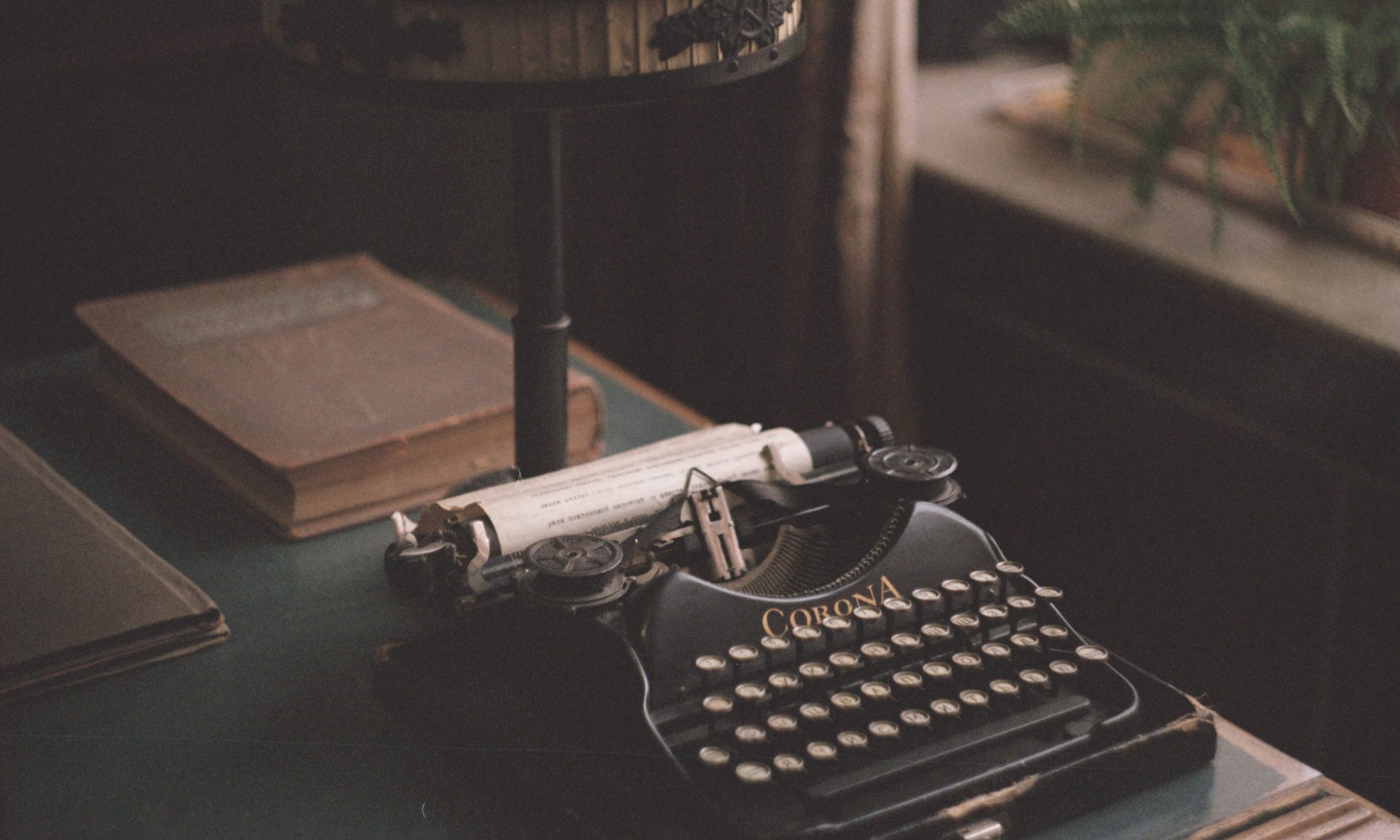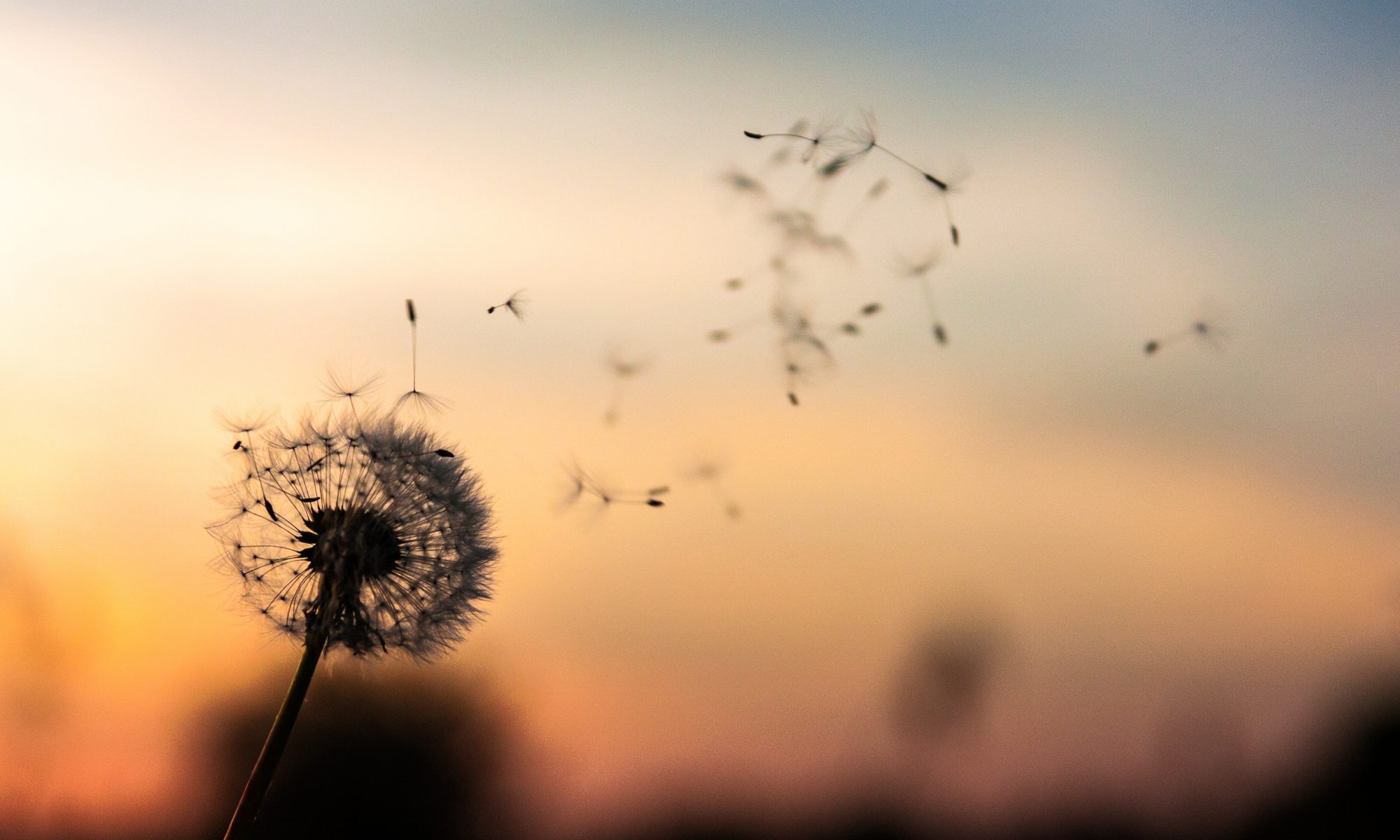Swaskegame. Swaskegami. Skwegjuhme.
All spellings and pronunciations of one person from Mohave County. All words that could be pronounced in four simple letters.
Hero.
Sam Swaskegame Jr. (officially pronounced as squege-a-me according to an article in the Miner circa 1950) was a Hualapai man from Peach Springs. He was drafted into the U.S. armed forces during the Great War. Swaskegame served on the frontlines in France during the latter half of 1918 as part of the 9th Infantry Regiment, 2nd Infantry Division.
Swaskegame is described as an exemplary soldier and volunteered for hazardous scouting missions. His prowess as a scout was detailed in one account that had him and several other Native Americans swimming a river to reconnoiter German positions without being detected by the enemy.
Swaskegame left Mohave County in October of 1917 on his way to Camp Kearney for training.
“The farewells by some of the men were touching,” wrote one journalist from the Mohave County Miner, Oct. 6, 1917. “Probably it was the first time that a full-blooded Indian had said farewell to his people to embark for a foreign country to fight. One parting was particularly touching. It was the parting of Sam Swaskegame with his wife and papoose, and was said with the typical Indian stoicism. With scarcely a spoken word, he walked to the coach, accompanied by his wife and little one. There was a firm handclasp, a solemn, stern glance into each other’s face, and good-bye — no tears, no mournful separation — just a severing of ties that bind and the subsequent heart pangs felt by all who give their loved ones for their country.”
Donald George fixed up a box of sandwiches, cake, fruits of all kinds, and surprised Swaskegame. A reporter wrote that when George handed up the box of delicacies, Swaskegame’s eyes lit up with “inexpressible delight.” Swaskegame thanked George with a shrug of the shoulders and a smile that spread all over his face.
He later wrote George expressing his appreciation for the gift. He wrote about enjoying the life of a soldier. “He has become quite a favorite with the Arizona boys, who are proud to have a ‘real Indian’ listed as one of their numbers.”
Swaskegame was deployed to the frontlines of France in July of 1918. He served in some of the most vicious parts of trench warfare.
Many times he had to be pulled down from what he considered his vantage point in looking over the top to get a shot at the enemy and when told that he was liable to be killed replied: “I did not come over here to hide, I came to fight.”
Swaskegame died at the Battle of Blanc Mont Ridge at the beginning of October 1918. One month before the Great War came to a close.
Sam’s body finally made it back home in 1921. A large Native American get together in Kingman was held to honor the memory of Swaskegame.
Swaskegame’s body lay in a flag-draped coffin at the American Legion Hall for two days while mourners from all over the northern and western parts of Arizona came and paid their respects. Sam was given a military funeral, held at St. John’s Methodist Church, in conjunction with a traditional Hualapai Farewell Ceremony for the fallen hero at the gravesite.
Lieutenant-Colonel Frank Strong the commander of Camp Kearney where Swaskegame received his combat training before shipping overseas, wrote in his letter to Sam’s widow Bertha, “No braver fellow ever wore the uniform of Uncle Sam’s soldiers than Sam Waskegame (sic), and we hope that the tribute to his memory will be fitting.”
A Mohave County Miner reporter wrote about the service Sept. 1921: At the grave, the burial service of the Legion was read and as the body of Sam Swaskegame was lowered into its last resting place, the Hualapai performed one of the most touching services ever seen in the southwest.
This service is only rendered during the times of what is known among the tribes as the Big Cry coming after pestilences and many deaths have invaded the ranks of Native Americans. Six squaws and six braves march forward and back chanting their song that is intended to drive away the spirit of evil while a brave rushes around in circles stabbing the invisible foe with a spiked arrow shouting defiance to the devil and his cohorts. Back and forth went the squaws and bucks chanting their song, and then an old squaw breaks forth with the wail for the dead.
With the echoes of the chant fading away, the firing squad came to attention over the grave and fired the final salute, the bugler sounded taps and the service for Sam Swaskegame was over.
Swaskegame was awarded a World War I Victory Medal and a Purple Heart posthumously.
No matter the name, the pronunciation or the spelling, it can be said without a doubt that we can all call Sam Swaskegame one thing: a hero.
The Warrior Comes Home
From the poppy field of France
They brought you home;
Home to your sun-kissed desert and your open sky.
Home to the silent rugged hills you loved;
Home to the whispering winds that wander by.
Your comrades who have shared with you
The glory and the hell of Flanders fields
Shall not forget, nor we who waited
In the agony that heart-break yields.
The flame of memory shall burn as bright and true,
Unfading as the starry flag that covers you.
And through the years when tribal camp fires gleaming
Shall spread their glow across the evening sky,
Your story will be told, your fame undying,
As the purple hills that guard you where you lie.
Excerpt from Dick Waters, former Commander of the American Legion No. 14 written May 20, 1971:
“The hero was Sam Swaskegame of Peach Springs, a boy who grew up in the Indian world and tramped the hills and valleys of the high country of northwestern Arizona. Sam’s lifestyle later proved to be the key to his worth as one of Uncle Sam’s finest performers in the trench war of Europe…when the army ran out of men like Sam Swaskegame they invented the helicopter for future wars … Sam was a … man probably not otherwise destined to be remembered by any but family, his acts of valor on a far-away battlefield gave this community a new look at the red man as an American and a human being rather than as a marauding drunken scoundrel; a stereotype opinion of our Indian neighbors held by many Anglos in yesteryear. Sam’s funeral services were an occasion of monumental importance in this town… Most of the men and women who were there that day would agree with the tribute to Sam Swaskegame written in 1921 by Helen E. Pope. It was called ‘The Warrior Comes Home’ and one stanza goes like this: ‘–and through the years when tribal camp fires gleaming shall spread their glow across the evening sky, your story will be told, your fame undying, as the purple hills that guard you where you lie.’”







































